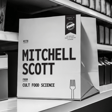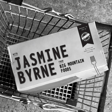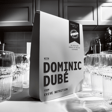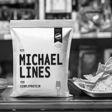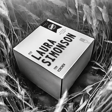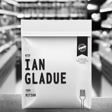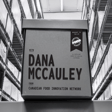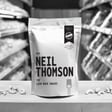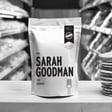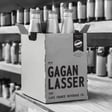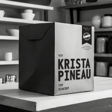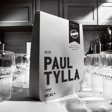
Tia Loftsgard | Choose Canada Organic
We’re pulling back the curtain and going backstage for this one… because this episode of Aisle 42 is with Tia Loftsgard (from Canada Organic Trade Association). She is a passionate advocate for organic farming and sustainable food systems and we have a lively conversation about local food, healthy food, what it takes to have grocery stores full of food we can trust.
To learn more go to: https://choosecanadaorganic.ca
To learn about who is behind this podcast go to: https://www.ethicalfoodgroup.com/podcast
Here’s a summary of this interview:
Opening Banter: Corwin explains his snapping system for signaling edits and mentions technical difficulties, setting a casual and friendly tone.
Importance of Organic: Corwin expresses his strong belief in organic food as foundational to the future of the food system, prompting Tia to share her vision.
Vision for Future Grocery Stores: Tia envisions a perfect grocery store that profiles local farmers, integrates organic principles, and eliminates the need for separate organic labeling.
Consumer Engagement: Tia emphasizes the importance of connecting consumers with local food systems and making claims easy to understand, advocating for economic diversity and prosperity for Canadian farmers.
Certification and Regulation: Tia clarifies that organic certification in Canada is regulated by the federal government, not her organization, which focuses on advocacy and consumer education.
Consumer Preferences: Tia notes that consumers seek natural, real food free from synthetic pesticides, GMOs, preservatives, and artificial dyes.
Challenges in the Food System: The discussion touches on the complexities of food production, such as limited biodiversity in stores and the presence of misleading marketing claims.
Regulation and Oversight: Tia explains the rigorous regulation of organic food, including annual and surprise audits, and encourages consumers to report suspicious claims.
Regenerative Agriculture: Tia highlights the confusion around the term "regenerative" and emphasizes the need for clear definitions and standards, similar to those for organic certification.
Educational Initiatives: Tia discusses efforts to educate the younger generation about organic practices through programs like Organic Campus and plans to expand awareness through initiatives like Organic Month and workplace programs.

